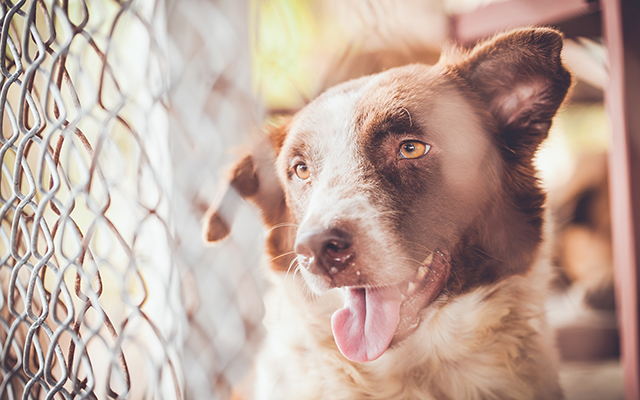Coughing is a common phenomenon in dogs and is usually a reaction to a certain trigger. Generally, you should not worry over a simple cough as it should fade away after a short period of time.
However, some coughs are harsh and persistent, evidence that there is an underlying problem that needs medical attention. A kennel cough, for example, can be compared to bronchitis in human beings, hence the medical name of Infectious Tracheobronchitis. This cough is highly infectious and is common in dogs that come into frequent contact with other dogs.
Symptoms
The symptoms will appear about two weeks after contact. The patient experiences a deep and dry type of cough that is harsh and forceful. In many cases, the cough occurs in combination with other symptoms such as sneezing and blockage of the nasal passage. Also, your pet may lose appetite and become very inactive as a cough drains a lot of energy from the body. The trachea becomes very sensitive during this period, and you may notice him being aggressive when you put a collar on him as it irritates the throat.
Treatment
A cough is recurrent, so it does not have a total curative treatment. It requires that you control the symptoms in order to make it more manageable. Before administering any sort of treatment, visit a vet so that the symptoms can be examined. Most types of coughs exhibit the same set of symptoms, so you need to be sure that you are treating a kennel cough and not a symptom of pneumonia or a collapsed trachea.
The vet will also be in a position to prescribe antibiotics to reduce or eliminate the disease-causing bacteria that is responsible for recurrent episodes. This will reduce the rate at which it recurs. Ensure that you get the appropriate treatment to prevent further deterioration of the condition which may damage the trachea.
Prevention
It is easier to enforce preventive measures that will ensure your pet does not get infected with a cough, rather than to control it. Therefore, vaccinate your pet with the help of a veterinarian in order to boost their immune system to fight off such pathogens. Make sure you adhere to the vaccination calendar so that the drug can build effective resistance in the body. This can be modified according to how prone your dog is to get a cough.
Also, try as much as possible to keep your pet from interacting with other dogs that have kennel cough. The disease is highly contagious hence easily passed from one dog to another. Once your pet catches a cough, isolate them from the rest of the pack until they get better, so as to prevent infection and re-infection. This condition can also escalate into fatal consequences so make sure you do not ignore it.


